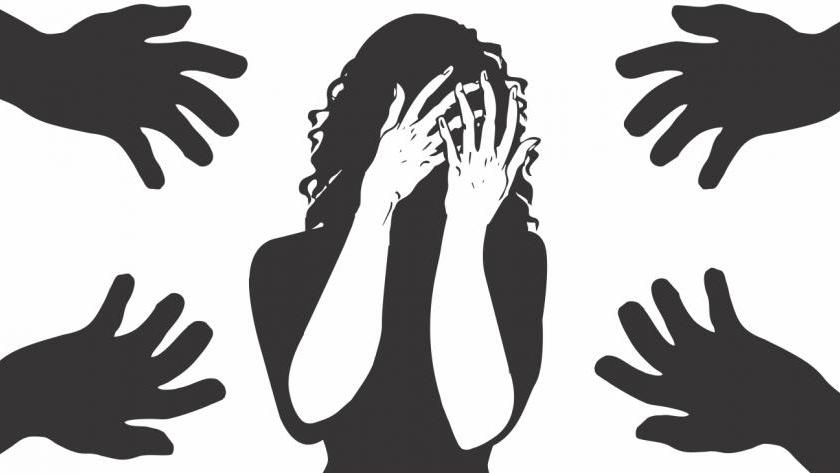Violence against women in the country continues to rise, with many experiencing abuse both at home and outside, resulting in numerous deaths and suicides, while many incidents remain unreported.
Women leaders say domestic violence, dowry-related abuse, and illicit relationships are primary factors contributing to the rise in violence.
They also point out that sexual assaults and gang rapes are occurring due to a lack of social security. The government’s lack of coordination, oversight, and the improper enforcement of laws have not only failed to reduce these crimes but, in many cases, have contributed to their increase.
Fauzia Moslem, president of the Bangladesh Mahila Parishad, told TIMES of Bangladesh, “Violence against women continues due to a misogynistic mindset, a culture of vengeance, and a lack of justice.”
“Misogynistic propaganda still persists, and yet the government is taking no action,” she added.
According to the Manabadhikar Shongskriti Foundation (MSF), 271 incidents of violence against women were recorded in January, 295 in February, 428 in March, 362 in April, 350 in May, 364 in June, and 352 in July this year.
These incidents include rape, gang rape, murder after rape, attempted rape, sexual harassment, acid attacks, suicides, killings, abductions, illegal abortions, and the abandonment of newborns.
Advocate Saidur Rahman, executive director of MSF, said after significant political changes in the state’s governance, the hope was that violence against women would decrease, but it has only increased.
He attributed this to the absence of political leadership at the local government level and the negligence of the police. He also expressed disappointment that many NGOs involved with women’s rights are not taking effective action to combat such violence.
Ain O Salish Kendra (ASK) has categorised incidents of violence against women into several types, including abuse by husbands, abuse by in-laws, murder by husbands, murder by in-laws, family-related murders, family abuse, and suicides.
According to ASK’s report, disturbing data on rape and gang rape has emerged.
From January to December 2024, 33 women were abused by their husbands, 11 by in-laws, 180 were killed by their husbands, 40 by in-laws, 58 by their own families, 27 were abused within their families, and 174 committed suicide. Out of 523 cases, 211 were filed as lawsuits, while 312 went unreported.
In the first seven months of this year, 17 women were abused by their husbands, 7 by in-laws, 133 were killed by their husbands, 42 by in-laws, 33 by their own families, 17 were abused in their own homes, and 114 women committed suicide.
Of 363 incidents, 150 cases resulted in lawsuits, while 214 were left unreported.
Statistics show that the death rate of women at the hands of in-laws has increased compared to last year.
ASK reports that 296 women were raped in 2024. Besides, 27 women were murdered, and three women committed suicide. A total of 334 cases were filed, while 64 cases went unreported. Of 109 attempted rapes, 65 lawsuits were filed, while 44 incidents were left unreported.
Human rights lawyer Salma Ali said, “The lack of proper law enforcement and the absence of victim support systems are key reasons why violence against women is not decreasing.”
“Due to the government’s lack of coordination and oversight, perpetrators are escaping punishment. The police have yet to become fully women-friendly, leading to many cases being hidden.”
According to police data, the national emergency service “999” received 17,341 calls regarding incidents of women’s abuse from January to 15 August. Of these, 9,746 calls were related to domestic violence, with 9,394 of those accusing husbands of abuse.
The Ministry of Women and Children Affairs’ National Women’s Safety Helpline “109” reported receiving 48,745 calls from women seeking help due to physical and mental abuse between January and July this year.
As incidents of violence against women continue to rise, experts are urging the government and law enforcement to take more immediate and effective action to address these serious issues.


